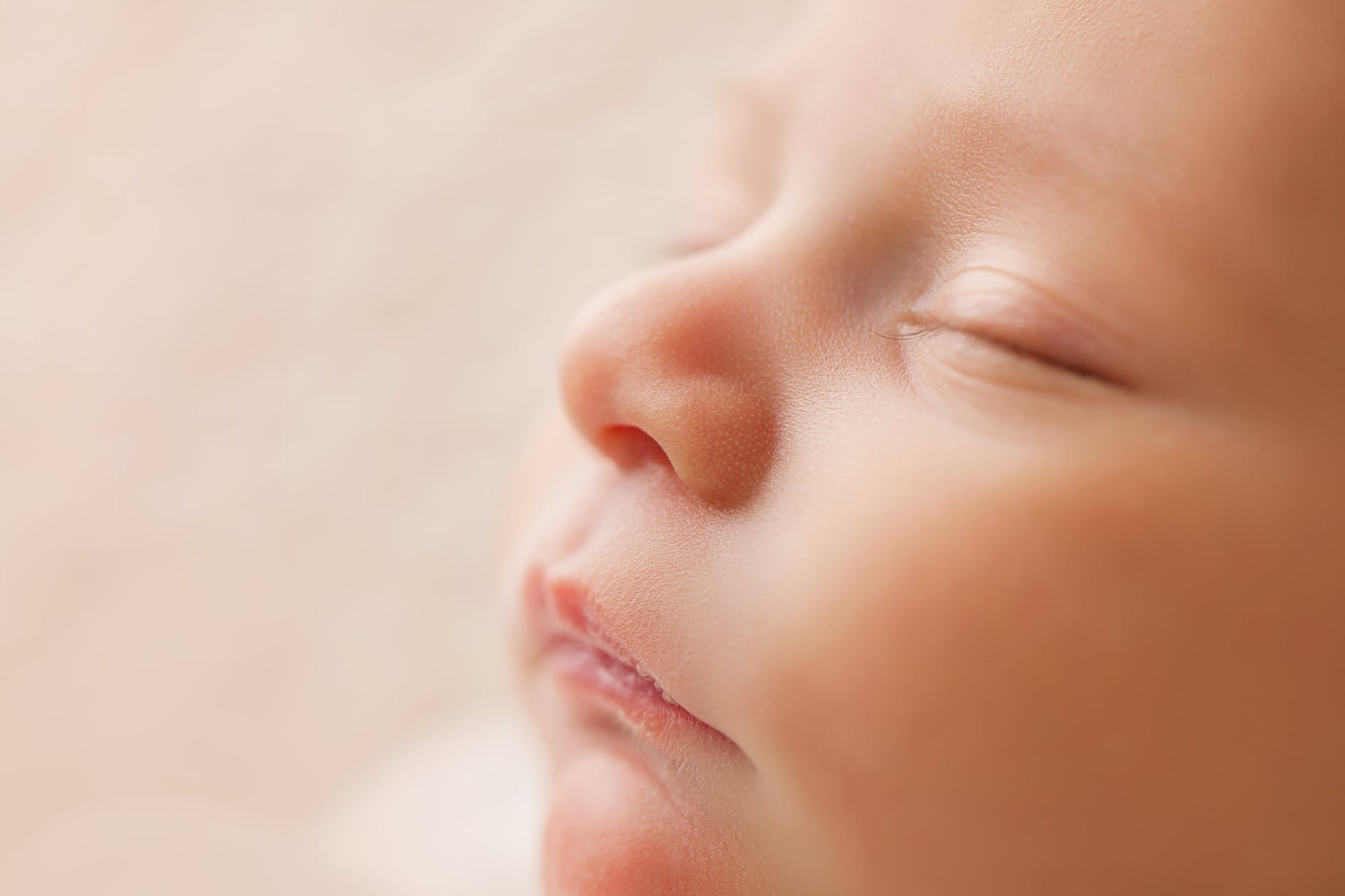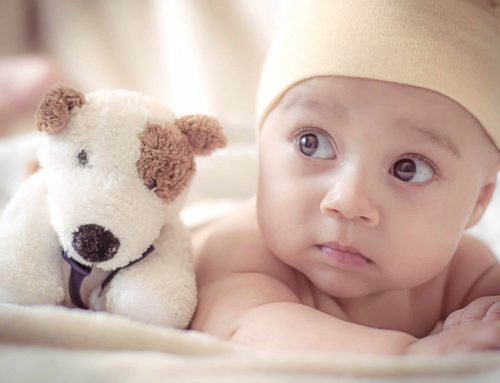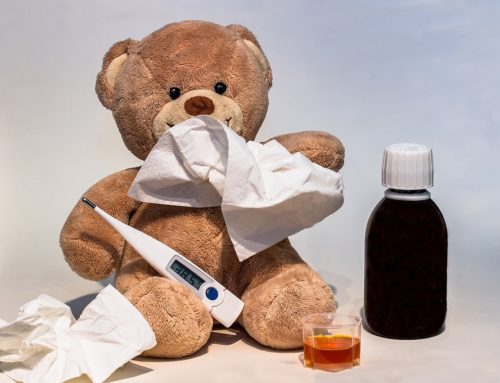At my barely a week old son’s first doctor’s appointment, the assistant pressed his skin with her fingers, looked at his eyes and announced he had jaundice. I nearly fell out of my chair. It felt as if someone ripped out my heart and proceeded to perform a foot-stomping dance all over it. A minute into the test and I had already failed as a mother. To my relief, I was told it wasn’t serious. I was advised to take him home and sunbathe him before 10 am and after 4 pm for a few days. The baby jaundice disappeared soon. It was later I learned that jaundice was a common occurrence among newborns, with some even contracting it at birth. It seemed like an awful way to begin motherhood, but I suppose it made sense to hit the ground running.
Why did my baby get jaundice in the first place?
When a human body breaks down old red blood cells, it creates a yellow substance called ‘bilirubin’ which is eliminated through the bowels. When my baby was inside the womb, the bilirubin was removed through the placenta. Once he was out in the big world, his own system needed to develop the tools for elimination. An underdeveloped liver is unable to do the job just yet, and if there is too much bilirubin in the baby’s blood, it causes jaundice. This generally happens within the first five days of the baby’s life. Within two weeks, the liver is able to break down the bilirubin and jaundice goes away.
Which babies more likely to get neonatal jaundice:
While a healthy, breastfeeding baby can also get jaundice, some babies are more prone to it:
- Premature babies (born before 38 weeks of gestation)
- Babies with bruises formed at birth causing red blood cells to break down
- Babies who have a different blood group than their mothers
- Insufficiently or adequately breastfed babies
Newborn baby jaundice symptoms
Mild or moderate jaundice (what my son had):
- Baby’s skin and eye whites develop a yellow tinge
- The yellow tinge starts in the face and slowly works down the body
- Drowsiness
- Pale coloured stools and dark coloured urine
Severe jaundice (in addition to the above symptoms):
- Poor feeding or suckling
- Signs of listlessness or irritability
- Fever
Treatment
Your MIL/mother/seniors in the social circle may insist you on undressing and taking your newborn in the morning sunlight during the first few weeks. Do not get alarmed by this advice, its commonly prescribed even by paediatricians to avoid (or as a treatment for non-severe) baby jaundice.
Mild or moderate jaundice:
In the case of healthy babies, neonatal jaundice is usually harmless. There is no treatment as such. However, my doctor advised me to undress my baby and sunbathe him for 15 minutes, before 10 am and after 4 pm. Some doctors also recommended sunbathing infants near a closed window to filter out the harsh UV rays. The sunlight makes it easier to break down the bilirubin in the blood and eliminate it faster.
Severe jaundice [1]:
In cases of high bilirubin (your paediatrician may require a blood test to check the values), the baby might need treatment. The illness can cause brain damage or other complications.
Phototherapy for newborn jaundice is used to expose the infant to specific light wavelengths that effectively decompose bilirubin through the photo-oxidation process.
In highly risky cases, doctors may consider replacing a small amount of the baby’s blood through a transfusion. It also helps to check if there is any other infection in the baby that is causing such high bilirubin. Developing jaundice within 24 hours after birth could indicate an underlying condition and require medical attention.
Conclusion
On hearing the word ‘jaundice’, I instantly panicked. But as I came to know later, this is quite common in newborns. Most cases, like mine, are mild and the disease disappears quicker than cake at a child’s birthday party. Just keep an eye on your newborn and report anything out of the ordinary to your doctor at once.





Leave A Comment